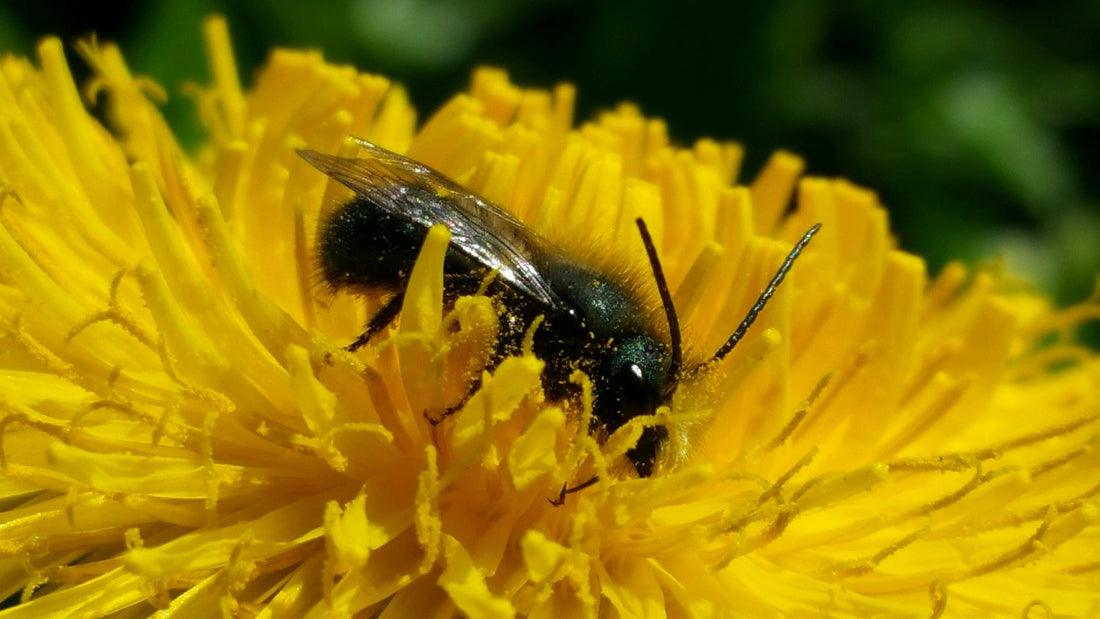
Pollinator Stewardship
Share
We did a lot of education and outreach for the amazing pollinators whom we are so very indebted to this spring and summer!
We hosted several groups from partner organizations and businesses to our apiary, and educated them about honey, propolis and beeswax; beekeeping; herbal medicine; and issues facing pollinators today. Our staff also helped out in the apiary and learned more about honeybees.

Madelyn taught several classes in partnership with Portland Nursery - two mason bee care classes, and a class on gardening for pollinators. We partnered with the Portland Fruit Tree Project and our friend Jen Davis of Bee Friendly Portland to teach a Pollinators class as well.
Matt and Madelyn also travel to retail partners in Oregon and Washington to provide education around our product line, and to also convey good information about pollinators, bee products, and herbal medicine.
Our three apiaries had good years - our harvest was smaller this year than previous years, but the bees are healthy headed into fall.
Our mason bee keeping efforts also went very well, and the populations of both the native Osmia lignaria and Osmia propinqua are thriving after our diligent cleaning of cocoons and provision of nest sites and early-blooming forage.

Forage for many types of pollinators with an emphasis on native plants was planted and is filling nicely - we currently have native pollinator plants milkweed (Asclepius speciosa), Oceanspray, Mock Orange, Oregon Grape, Yarrow, Checkermallow, Willow, Red Osier Dogwood, Vine Maple, and more in our garden. Other non-native plants that are beloved by pollinators and tended in our garden include Elder trees, Lavender, Lemon Balm, Red Raspberry, Bee Balm, Sage, several Mint varietals, Oregano, Klip Dagga, Evening Primrose, Plum, Apple, and more. Much of our native plantings were installed in partnership with the East Multnomah Soil and Water Conservation District.

We look forward to continuing and expanding these efforts!
